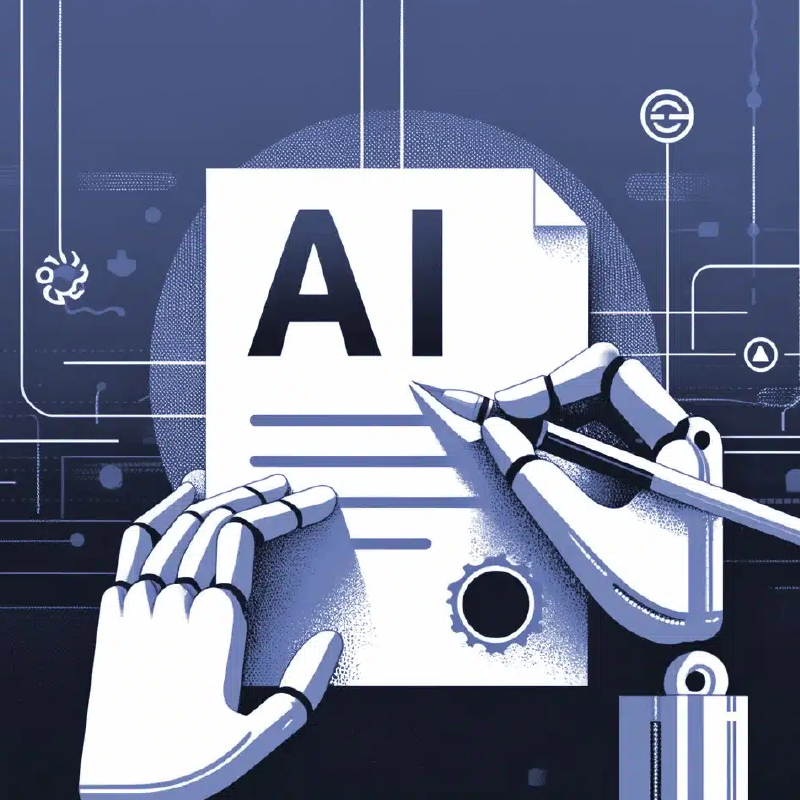AI-Generated Works and Copyright
With the rapid advancement of artificial intelligence (AI) technologies, the landscape of intellectual property (IP) law is evolving. AI is now capable of creating artworks, musical compositions, and literary texts. This technological leap raises a critical legal question: Who owns the copyrights of such AI-generated works? A landmark decision from a Czech court has provided the first European ruling in an AI and copyright dispute, offering valuable insights into this complex issue.
Background: AI and Copyright
Generative AI has stirred significant legal debates globally. In 2023, the Beijing Internet Court granted copyright to an AI-generated image, marking a precedent in China. However, other jurisdictions have approached this issue with greater caution. Recently, the Czech courts ruled that AI-generated works cannot enjoy protection under its copyright law, setting a new precedent in Europe.
The Czech Case: A Brief Overview
In the Czech Republic, a plaintiff sued a law firm for publishing an image on its website without permission. The image, depicting two hands signing a business contract, was created by the plaintiff using AI based on specific instructions: “create a visual representation of two parties signing a business agreement in a formal environment; for example, in a conference room or a law office in Prague. Show only the hands.”
Under European copyright law, AI, not being a “natural person,” cannot be the creator of a work. The plaintiff argued that, as the individual who instructed the AI, they should be considered the creator of the image.
The Court’s Judgment
Despite the plaintiff’s claim, there was no concrete evidence that they had instructed the AI. The court, acknowledging that the image was created by AI, dismissed the argument. It stated that the AI-generated work did not constitute a “work” under copyright law since it lacked the unique creative activity of a natural person.
Key Points of the Ruling
Non-Human Creatorship: The court emphasised that copyright is an absolute right belonging to an individual. Since the image was not created by a person but by AI, it could not be a copyrighted work.
Creative Activity Requirement: For a work to be protected under copyright law, it must result from the creative activity of a natural person. The instructions given to the AI did not meet this criterion.
Potential for Human Authorship: The court hinted that sufficient evidence of detailed instructions to the AI, demonstrating originality, could potentially allow for copyright protection.
Implications of the Ruling
This Czech ruling is significant as it is the first European decision on an AI and copyright dispute. The court’s approach aligns with ongoing discussions about the nature of authorship and creativity in the context of AI.
Future Considerations
Detailed Instructions and Originality: The ruling suggests that more targeted and original instructions to AI could influence the outcome of similar cases. Specific details about the use of colours, environment, or other creative elements could support claims of human authorship.
Harmonisation Across the EU: Given that copyright law in the EU is harmonised, member states are expected to interpret and apply it consistently. It remains to be seen if other EU courts will adopt the reasoning of the Czech court.
Evolving Legal Framework: As AI continues to advance, the legal framework surrounding AI-generated works will likely evolve. Ongoing legislative and judicial developments will shape the future of copyright in the context of AI.
Conclusion
The Czech court’s ruling marks a pivotal moment in the intersection of AI and copyright law. While the decision underscores the traditional requirement of human creativity for copyright protection, it opens the door for future claims where detailed and original instructions to AI can be proven. As this area of law develops, we will continue to monitor and provide updates on significant rulings and legislative changes. The implications of this case will undoubtedly influence future legal interpretations and the broader landscape of IP law in the age of AI.


